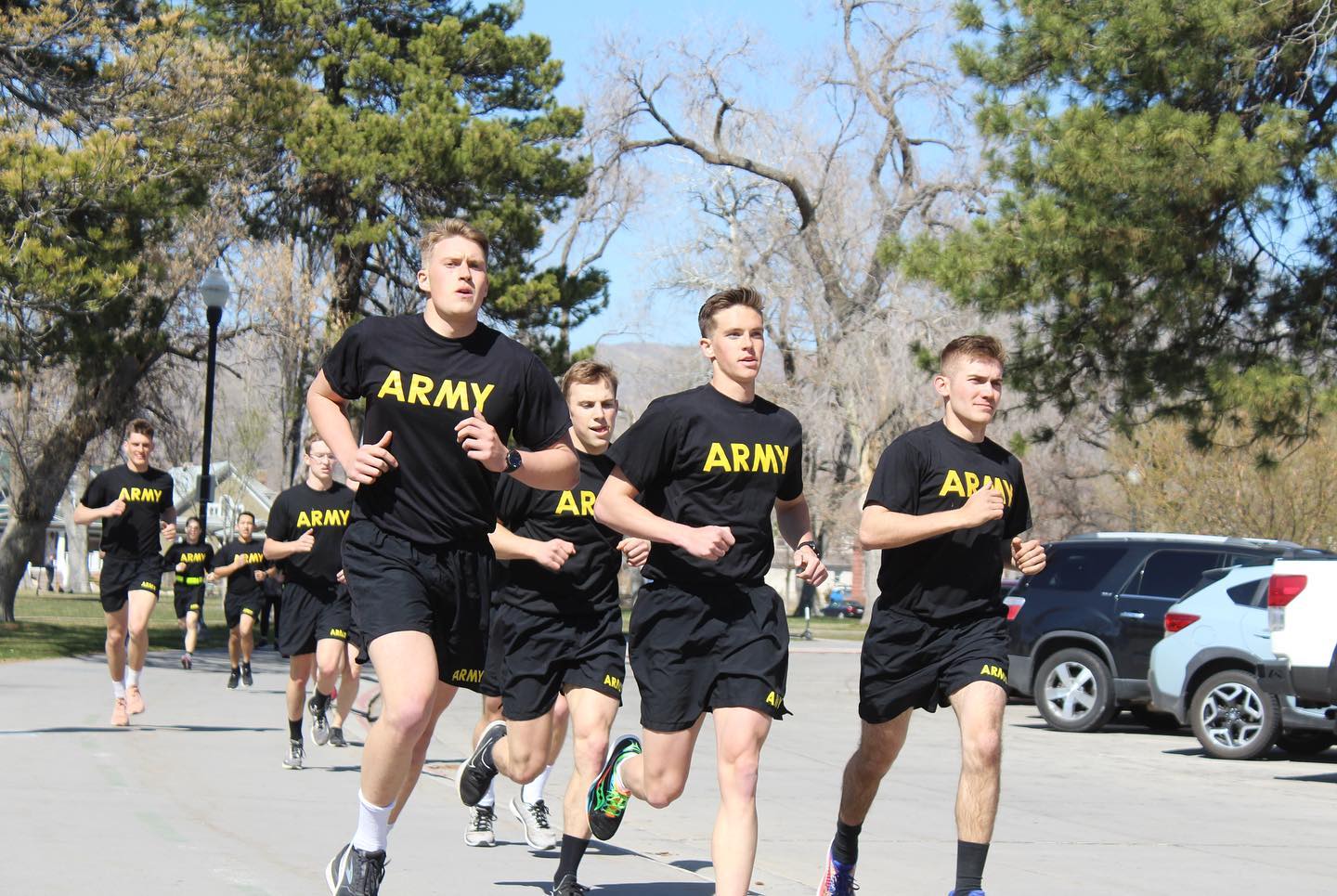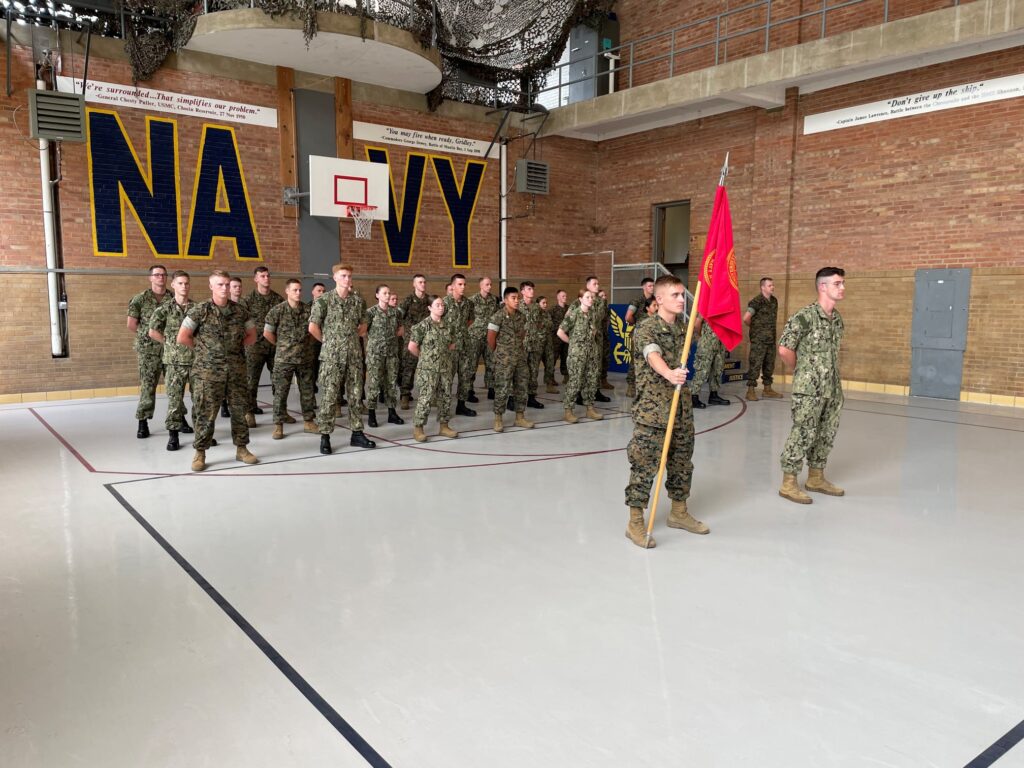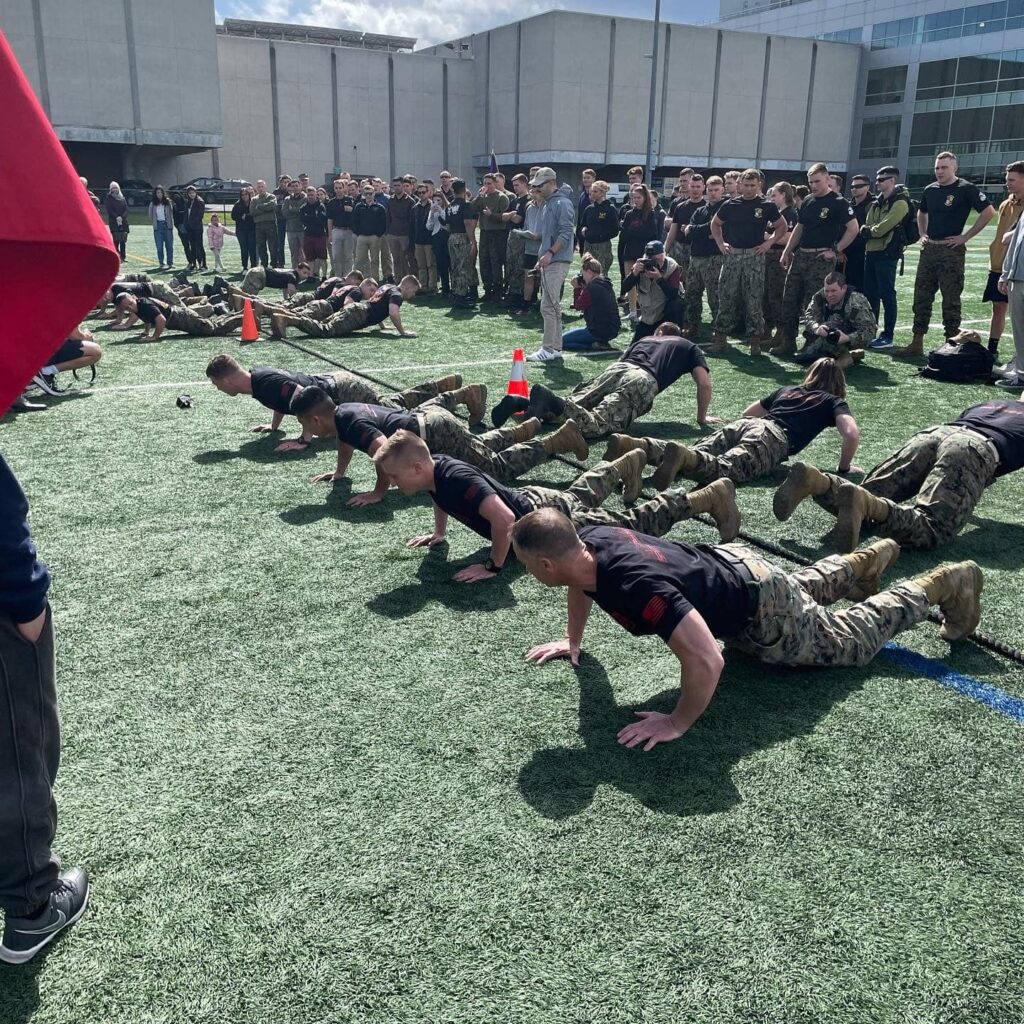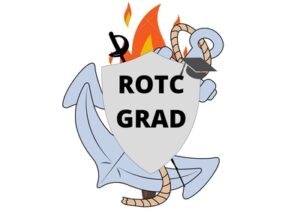
Introduction
Whether you join Navy, Army, Air Force, or Marine ROTC, this is a common question that is so hard to find an answer to online. When I was applying for the scholarship in high school, I wondered if it was too late to join if I didn’t get accepted before college. After having done ROTC (NROTC) for four years, I now realize there were so many options for being selected for this program and some insanely beneficial financial assistance you can get after college.
In this article, I’ll share with you everything you need to know and what to expect if you plan to do ROTC without a scholarship in hopes of earning one that covers all your tuition.
So can you do ROTC and NROTC without a scholarship?
Anyone can join a ROTC branch freshmen through junior year of college. You can reapply every year until you graduate. All ROTC branches will not backpay for the years you didn’t receive a scholarship, only the remaining years left. Marine ROTC Midshipman have to receive a scholarship before their junior year to be accepted so they can attend Officer Candidates School.
How Competitive Is It?
Air force, Army, Navy, and Marine ROTC is the most competitive if you’re applying your senior year of high school. Last year, they only took 25% of applicants but this is not reason to loose hope. People are selected based on how valuable evaluators see the individual to the organization which means you don’t have to stand out on paper if you’re good at interviews and writing essays about yourself (and have leadership experience to show forth in high school). Here’s the top ways I recommend standing out if you’re applying in high school.
Most people apply for ROTC in college. That’s the case for almost all my friends I met in the program. Some were even accepted as late as their sophomore spring semester.
I had one friend who didn’t get selected out of high school, didn’t get selected freshmen year, sophomore year, or even junior year. Yet, he participated in all our NROTC events, except he had to pay for most of his schooling but he still commissioned as a Naval Officer and received tuition coverage his senior year.
You might be asking yourself why would someone do that? Because he wanted to be a Naval Officer and be valuable to the NROTC unit we were apart of. He worked his butt off and his unit recognized that and put in a good word for his final selection board. He is now a surface warfare officer in the Navy just like the rest of my class.
Switching between branches isn’t advised if you don’t have a scholarship. I had another friend who came in as a Navy Option without a scholarship freshmen year, switched to Marine Option, then switched units completely and went Army, still didn’t get selected, and now finally got into West Point and graduated this last year! The only real branch switches I saw was when someone swapped from the Marine to Navy option in NROTC.
He shot himself in the foot by not commuting to one branch, which would have increased his chances if he stuck around a little bit more and saved him a lot of time and hassle.
What It’s Like Applying for ROTC In College
Applying for ROTC in college means participating in all the unit events throughout the entire year. You’ll be counseled by the ROTC or NROTC leadership each semester just like everyone else, and be expected to maintain the same physical fitness test scores as those already on scholarship. While it’s undesirable to not have your college paid for in addition to taking on the ROTC responsibility, most people get accepted after their freshmen or sophomore year because their unit recognized their persistence (and less people apply for it as they go through college).

When competing for a scholarship in college, you’re only competing against other freshmen across the country that year. If you’re a sophomore, you only compete against other sophomores for that year and the numbers dwindle from there.
When applying for ROTC in college, you’ll be under more supervision than everyone else. This is because the staff will be evaluating your performance all year round. This is a good thing because you have to be your best every time you’re around the staff, and they will see the effort you’re putting into the program. It is okay to make mistakes and have learning experiences, they don’t expect you to be perfect.
You won’t attend summer training events until you get accepted for a scholarship. Each summer, cadets and midshipman will go to summer training events in the real military or fleet for a few weeks to a month to learn about different career opportunities and get hands on experience. You won’t be able to attend these unless you get selected in the spring semester. The earlier you apply for the ROTC program your freshmen year of college, the better your chances are of being able to attend these.

You’ll have to help fundraise with the unit. A lot of units do this by having freshmen work most football and basketball home games until halftime to raise money for the unit. ROTC units aren’t well funded, so to hire guest speakers and put together exciting training, they use this fundraising money from you working the games (scholarship or not) to pay for trainings.
Important note: you can go to community college but you’ll have to apply for ROTC as soon as you transition to a university.
Final Thoughts
Applying for ROTC in college is what most people do since it’s extremely competitive in high school. You should still apply if you are in high school and be hopeful! However, it is not the end of the world if you need to reapply in college. If you have to take out student debt to pay for the first year of college, you can use the Career Starter Loan once you graduate with an ROTC scholarship and get an affordable rate and pay it off as an officer.
If you have any further questions or comments, feel free to reach out at theyouculture@gmail.com and I’ll do my best to respond! Thanks for reading and stay tuned for the next article.
